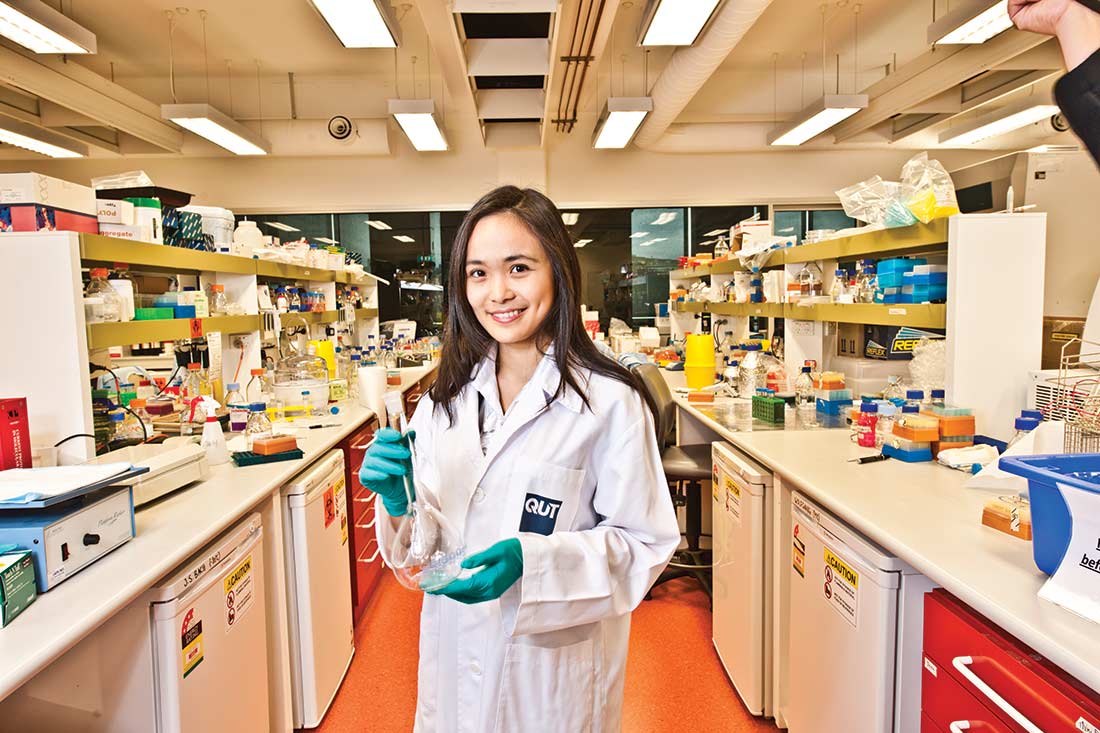This course deals with well-established and emerging areas of medical and health physics including clinical measurement, computing, health physics, instrumentation, medical electronics, medical imaging, physiological monitoring, physics of radiotherapy, radiobiology, and radiological imaging sciences. The coursework also contains an introduction to the clinical sciences.
The course will equip you with advanced critical knowledge and specialised technical skills grounded in the latest research in medical physics. As a graduate, you will have the skills to critically assess knowledge and offer innovative solutions to complex problems. You will have experience engaging in a critical evaluation of contemporary research and methodologies within medical physics and the ability to apply investigative research methods to uncover new findings.
Communication and collaboration are vital aspects of this course. You will be able to confidently design and implement effective strategies for conveying complex information and ideas to diverse audiences. This involves engaging professionally and effectively with peers, stakeholders, and the broader community. You will learn to collaborate effectively with others to achieve shared goals and will develop self-management skills essential for successfully completing complex projects.
This degree is divided into two stages, including:
- stage one, which is equivalent to the QUT Graduate Diploma in Applied Science, includes advanced lectures, seminars, reading courses, and independent study.
- stage two, which is the master component of the course, where students engage in a program of supervised research and investigation. This research can be conducted at QUT or at a suitable external institution.
Students have the option to graduate with a Graduate Diploma in Medical Physics after successfully completing stage one, or they may choose to advance to stage two.
